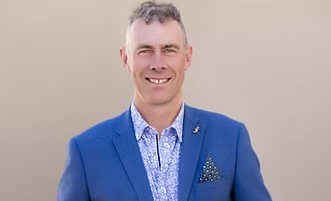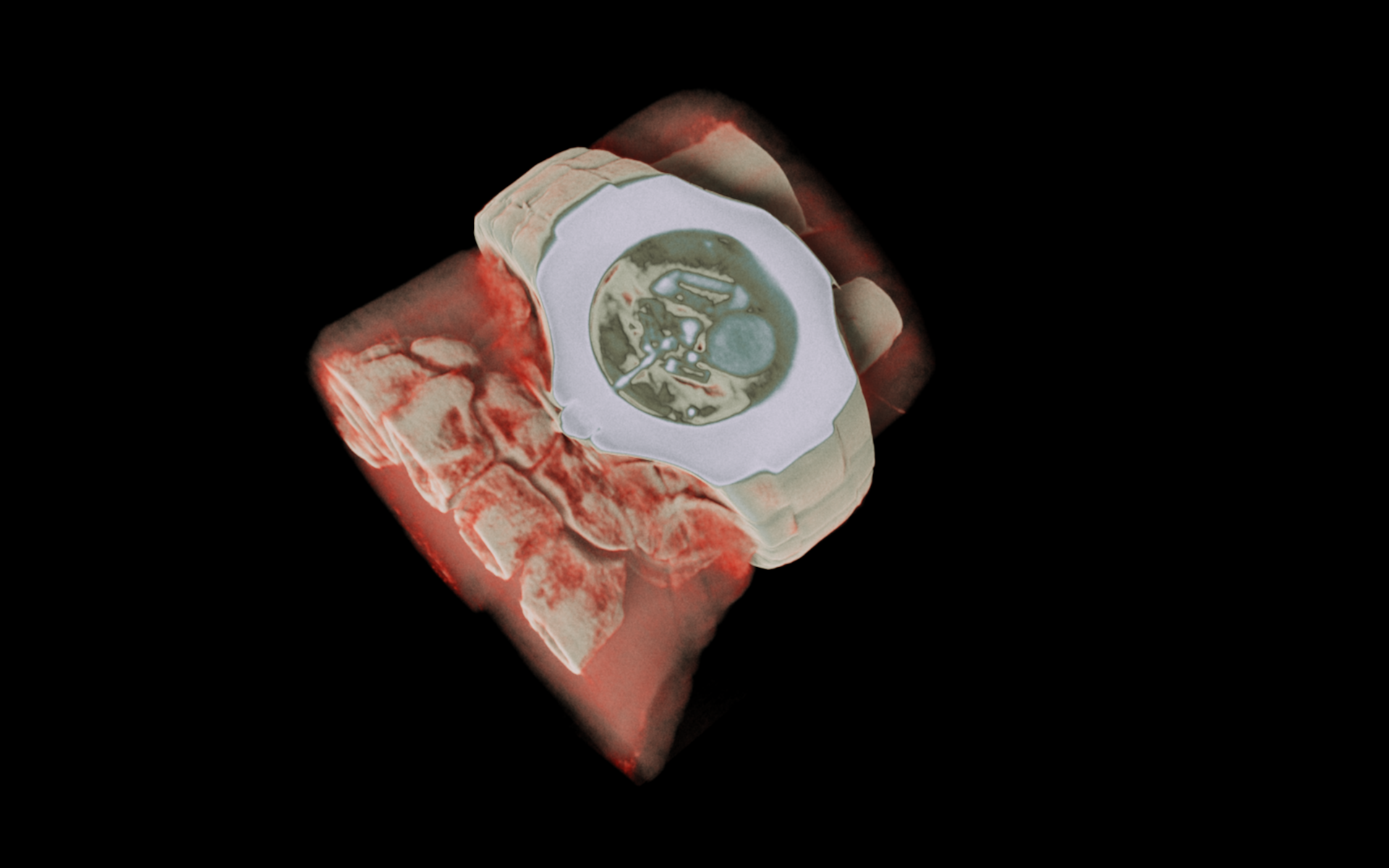What happens when a Spanish chemical engineer visits New Zealand for three months of travel after completing her master’s degree? She falls in love with the country, applies for a PhD scholarship, and ten years later, goes on to head a startup. At least, that’s what happened in the case of RespirAq CEO Sandra Grau-Bartual.
So, what led Grau-Bartual to hang up her lab coat and venture into entrepreneurship?
An AUT tech spinout, RespirAq, began its journey to commercialisation during COVID, which “sped up the process”, Grau-Bartual says.
RespirAq technology provides a new approach to medical airway humidification. It uses a chemically activated “smart fabric” to humidify the air patients breathe while on ventilators and other respiratory support systems. It was enabled by a change of engineering approach led by Grau-Bartual through her PhD research.
In its first year, the company focused on developing the product and doing real-life tests. The second year was spent “finding this sweet spot in the market to see if there was a commercial opportunity for it”.
At the end of the two years, with funding from KiwiNet and MBIE, RespirAq was essentially a company inside the university, Grau-Bartual says.
At this point Grau-Bartual realised that if she wanted to see the product in market, she had to be the person pushing it.
Even though she knew it was the right move, it was still a scary one, she says. As a chemical engineer, not a businessperson, she worried she wouldn’t actually enjoy the role of CEO. With no idea where to start, she turned to a mentor, Paul Dyson, who helped her learn everything from payroll to IP.
“He was an independent person giving advice to me but also to the company. I wasn’t afraid to ask all these dumb questions,” she says.
He reminded her that it’s normal for most founders to not know what to do. It’s a message Grau-Bartual now wants to normalise for others making the jump from academic research to startup founder.
Once in the trenches, Grau-Bartual realised “anyone can do it”, so long as the right people surround them. She also realised that being a founder is a learned skill which will develop over time. For Grau-Bartual, this growth is especially evident in her confidence.
A self-identified introvert, she says she is no longer afraid of having to stand up and talk about her company. Most importantly, her engineering expertise is still what’s needed to lead RespirAq.
“We are still an early-stage company. Most of the questions relate to the technology, the risks, the validation of the technology. I’m still the right person to answer those, having been through the thinking process from day one.”
Having recently raised $3 million, Grau-Bartual and RespirAq are now focusing on gaining FDA approval and setting up manufacturing in New Zealand.
“Then, we’ll see how it goes.”

.jpg)

